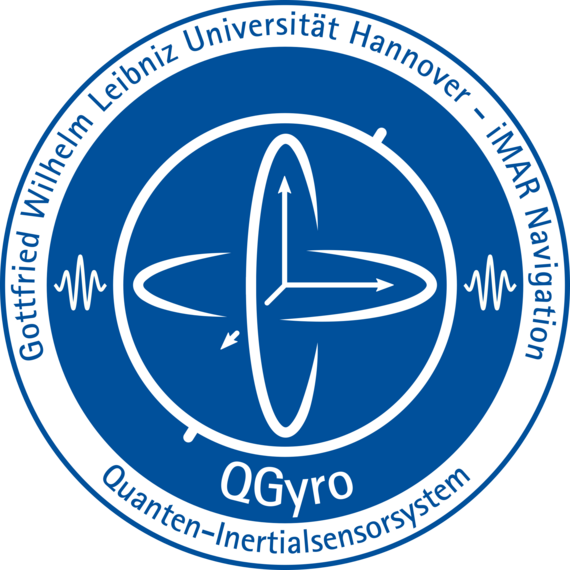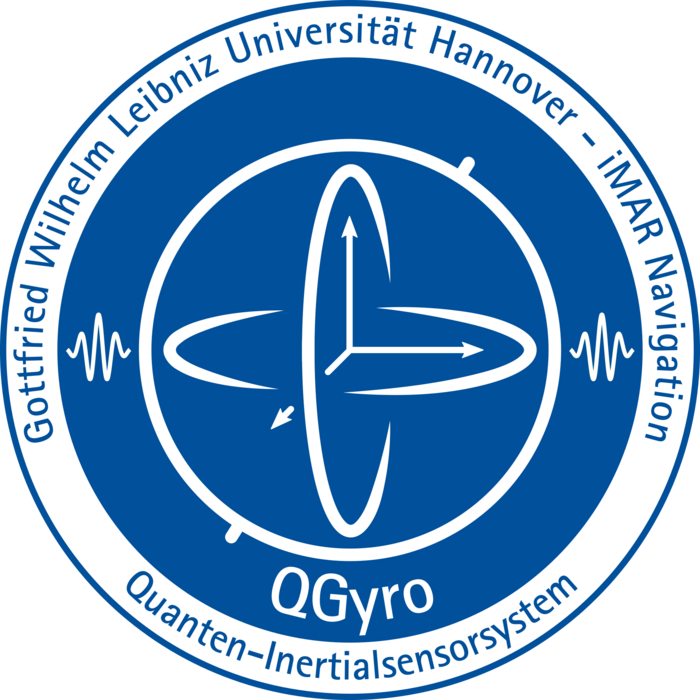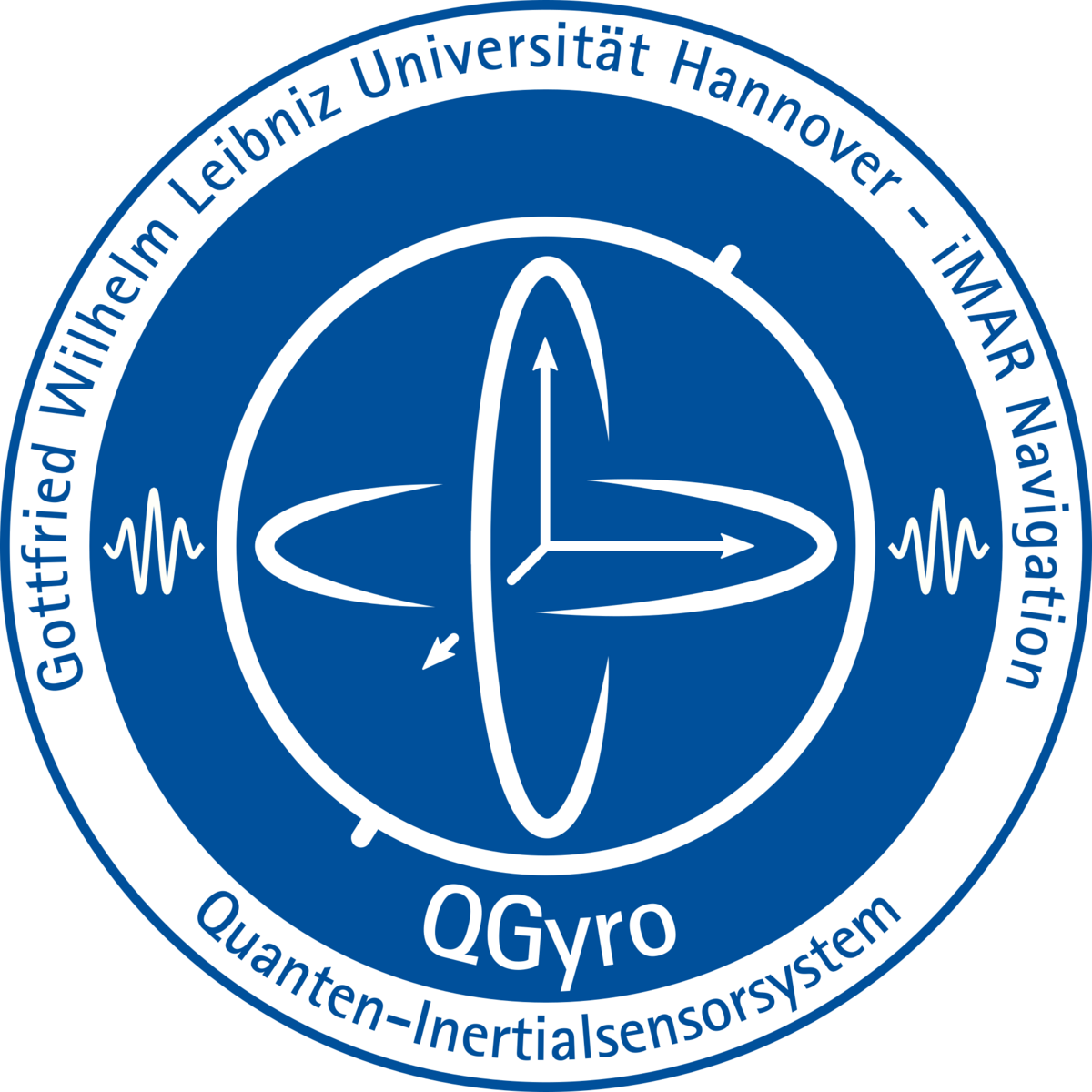


Today, precise inertial navigation and positioning systems are the basis for controlling vehicles such as aircraft, ships, or satellites.
However, classical inertial sensors suffer from device-dependent drifts and require GNSS corrections that rely on the satellite's available signal. This leads to the non-usability of classical sensors in some environments like in-between buildings, underground, or space.
Hybrid quantum navigation, based on the combination of classical Inertial Measurement Units with quantum sensors based on atom interferometry is a serious candidate for a new technology that meets the demand of our time requirements for inertial navigation. Atom interferometers have proven to measure drift-free at very high sensitivities. The main challenge is to transfer a complex laboratory-based device to a robust and compact measurement unit that can be used regardless of its small bandwidth and dynamic range to subtract the drifts of the classical devices.
We develop quantum accelerometers and gyroscopes based on the atom interferometer technique using cold atoms and Bose-Einstein Condensate along with new technologies that take the quantum inertial sensors steps ahead to be used in a dynamic environment.
Research Goals
- Development of portable quantum sensors for inertial navigation
- Implementation of chip-scale atom gravimeters for higher rate BEC production and miniaturization of quantum sensors
- Developing novel hybrid sensing between quantum accelerometers, optomechanical resonators, and Classical IMUs
- Collaboration with Prof. Dr.-Ing. Steffen Schön and iMAR Navigation GmbH
Coordinator
Institut für Quantenoptik
30167 Hannover


